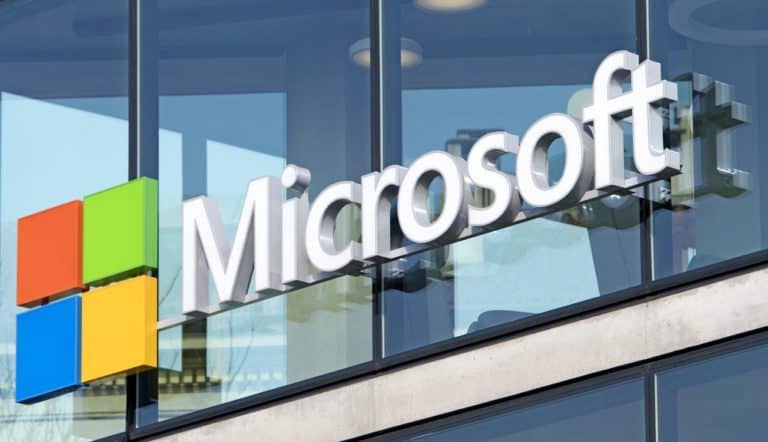Java company jClarity has been acquired by Microsoft. With the acquisition, Microsoft hopes that Java workloads on Azure will run more smoothly. It has not been disclosed how much Microsoft pays for jClarity.
The blog post in which the news was published shows that Microsoft wants to make the Azure platform better for Java customers, both developers and end users. jClarity offers tools for Java software projects; several of Microsoft’s own products are built in this programming language.
Censum from jClarity, for example, can recognize inefficient parts of software. Illuminate, another company product, identifies performance issues with applications. It can also use machine learning to automatically suggest solutions to problems to users.
In the Microsoft blog post, John Montgomery, Corporate Vice President of Program Management for Developer Tools and Services, said, “Microsoft Azure and jClarity engineers will work together to make Azure a better platform for our Java customers and internal teams.
Consequences
According to SiliconAngle, this could mean that jClarity products become available on Azure. This is in addition to the development tools that are already available on this site. Illuminate and Censum are already available as cloud-based services. This would make it relatively easy to offer on Azure. It is also possible that Microsoft just wants to be able to use the experts of jClarity, something that has happened in the past. Among other things, AdoptOpenJDK, an open source version of Java, was developed through a collaboration between experts from the two companies.
“The jClarity team will continue to work in public in different Java communities. With Microsoft’s support, we expect to make another new and exciting contribution,” said Martijn Verburg, Chief Executive Officer of jClarity, in his company’s blog. Verburg will join Microsoft as Java Principal Engineering Group Manager as a result of the acquisition.
This news article was automatically translated from Dutch to give Techzine.eu a head start. All news articles after September 1, 2019 are written in native English and NOT translated. All our background stories are written in native English as well. For more information read our launch article.